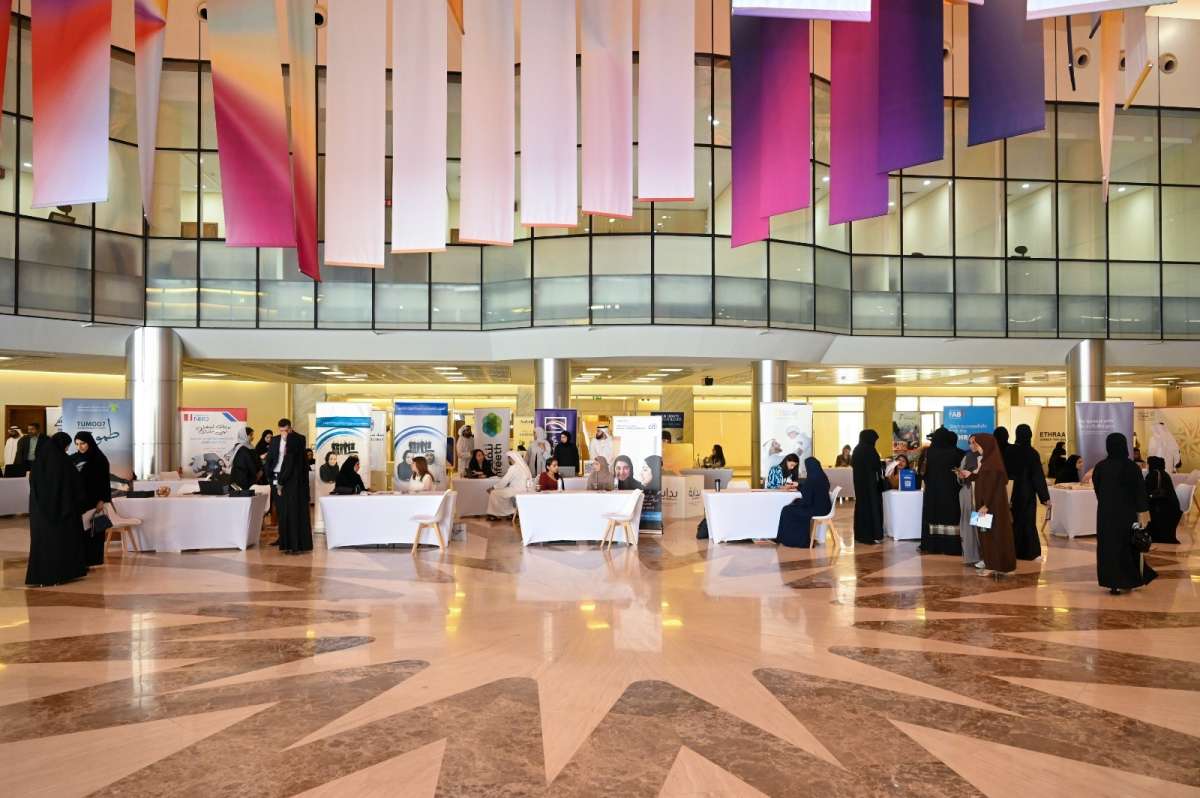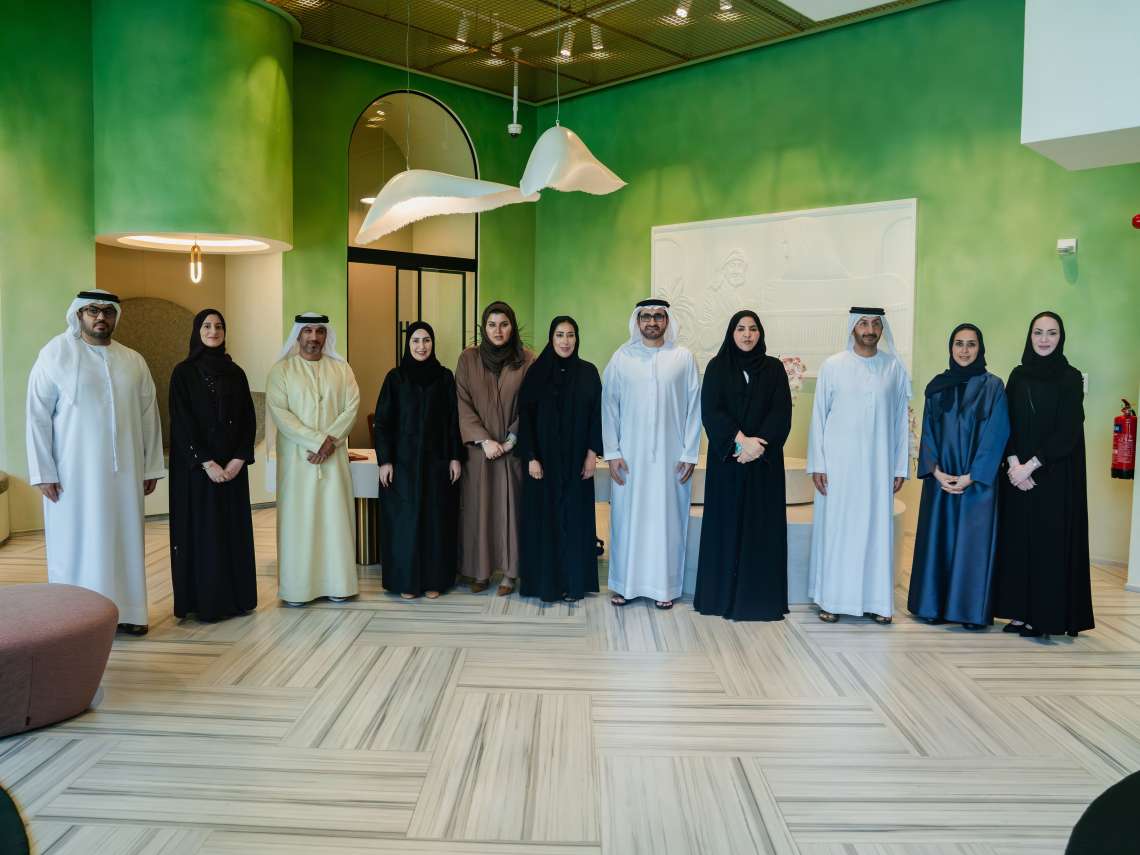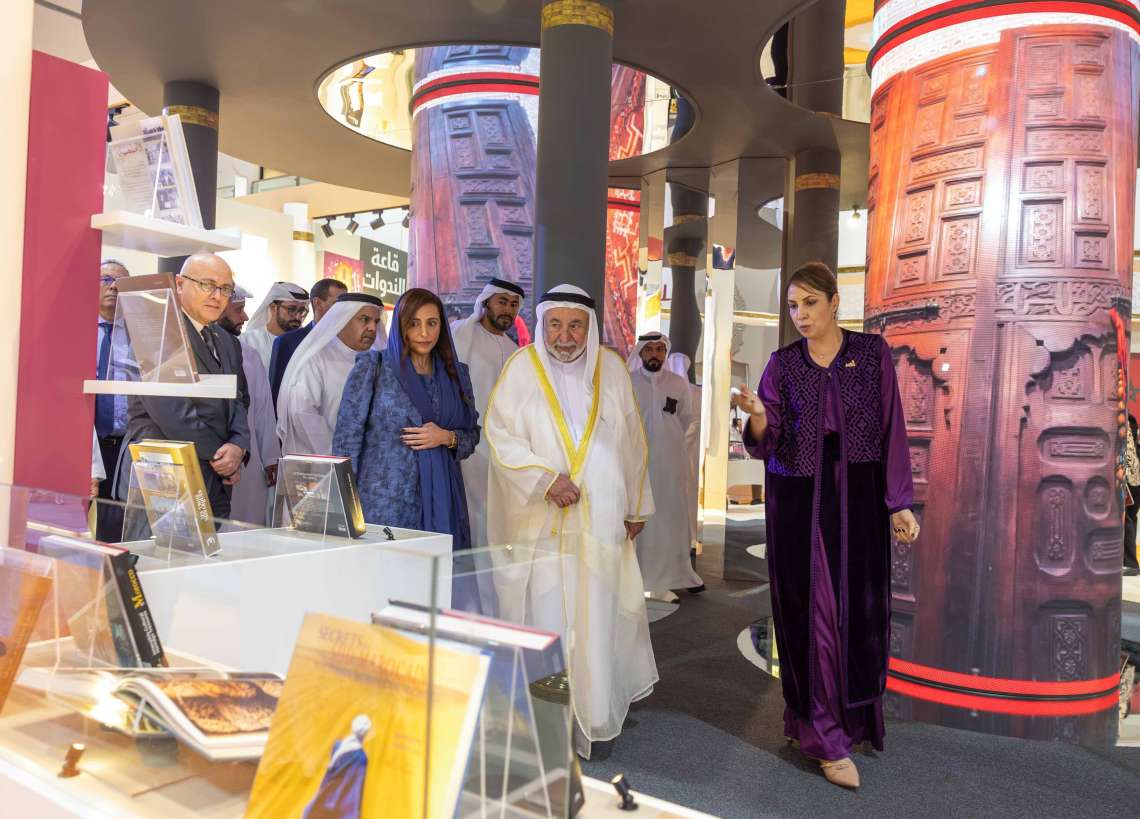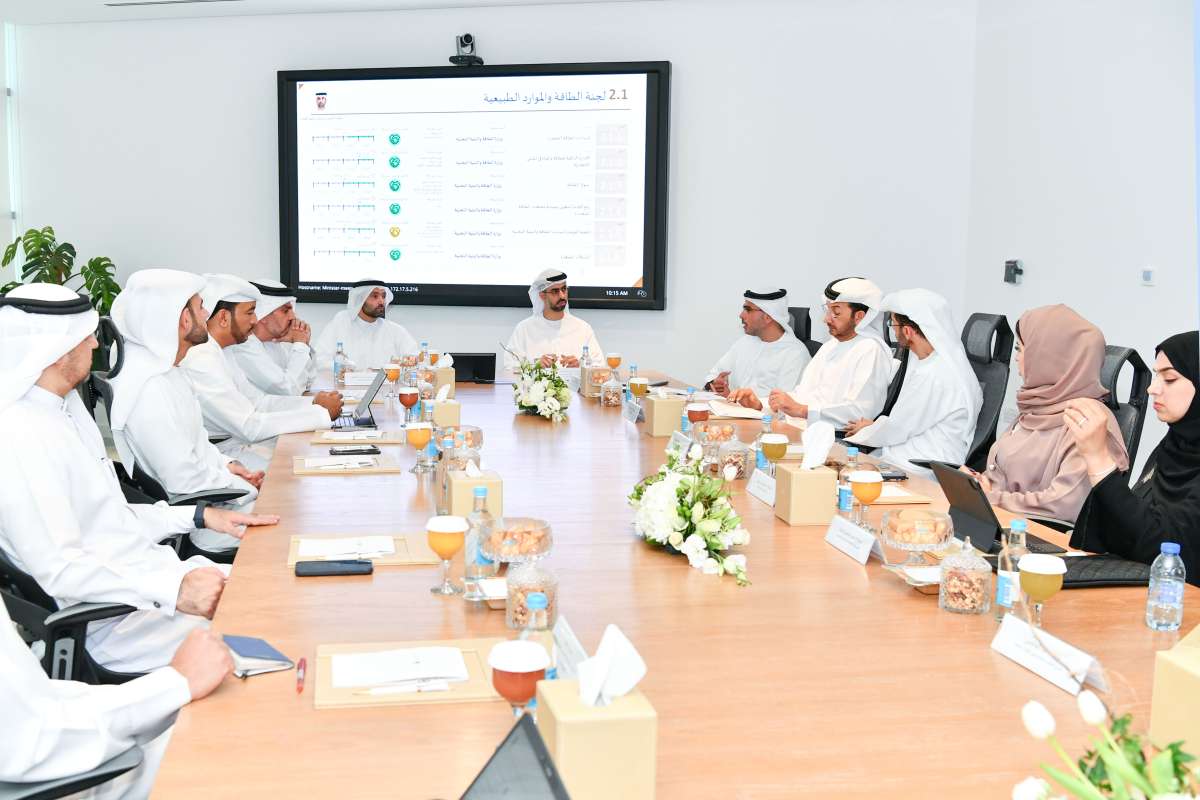Nearly 17,000 private sector companies employ UAE citizens as of 7th July, which was the last day for companies to achieve their semi-annual Emiratisation targets…reports Asian Lite News
Around 79,000 UAE nationals are working in the private sector, the Ministry of Human Resources and Emiratisation (MoHRE) revealed on Sunday, as the deadline for companies with 50 employees or more to achieve a 1 percent Emiratisation growth in skilled jobs has ended.
These numbers reflect the highest-ever rate of Emiratisation recorded in the UAE private sector, marking at the same time a 57 percent increase compared to the end of 2022 figures, where 50,228 UAE nationals were employed in the private sector, MoHRE said.
Nearly 17,000 private sector companies employ UAE citizens as of 7th July, which was the last day for companies to achieve their semi-annual Emiratisation targets.
Dr. Abdulrahman Al Awar, Minister of Human Resources and Emiratisation, said, “The notable growth in the number of Emirati citizens employed in the private sector reflects the effectiveness of the Emiratisation policies that have been implemented on a semi-annual basis starting this year.”
“These efforts have accelerated progress towards meeting Emiratisation targets, and ensured continuous recruitment throughout the year, in line with the directives of the UAE leadership, and under the supervision of His Highness Sheikh Mansour bin Zayed Al Nahyan, Vice President, Deputy Prime Minister, Minister of the Presidential Court, and Chairman of the Board of Directors of the Emirati Talent Competitiveness Council.”
He added, “This growth demonstrates the private sector’s awareness and commitment to its responsibilities as a partner to the UAE Government in the Emiratisation process, guided by a vision to enhance the human development system in the UAE.
“Our objective is to empower Emiratis to thrive in the private sector, enhance their competitiveness, and enable them to actively participate in the economic and overall development of our country, where the private sector plays a critical and driving role.”
Al Awar expressed his confidence in the private sector’s ability to “keep meeting the required Emiratisation targets, especially with the support provided by the Ministry and the Nafis programme to enable companies to fulfil their obligations.”
For her part, Aisha Belharfia, Acting Under-Secretary for Emiratisation Affairs and Assistant Under-Secretary for Labour Affairs at MoHRE, said, “The Ministry’s commitment to providing benefits to companies that actively engage with Emiratisation plans and programmes through the Tawteen Partners Club, which offers members discounts of up to 80 percent on service fees, continues.”
She added, “The Ministry works with its partners, through integrated legislation and initiatives, to achieve its vision of making the labour market accessible to Emirati talents and attractive to qualified professionals from around the world.”
Ghannam Al Mazrouei, Secretary-General of the Emirati Talent Competitiveness Council, said that more than 50,000 Emiratis have joined the private sector since the launch of the Nafis programme in September 2021.
“The overall growth in the number of Emirati citizens in the private sector reflects the success of the Nafis programme, which works in partnership with the Ministry of Human Resources and Emiratisation to implement plans and programmes designed to provide qualified Emirati talents with the right tools and support, and enable companies to meet their Emiratisation commitments,” he noted.
Emiratisation targets for the second half of 2023 require private sector companies with 50 or more employees to achieve an additional 1 percent growth in the number of UAE citizens working in skilled jobs among their staff, which means achieving an overall growth of 2 percent by the end of the year.














